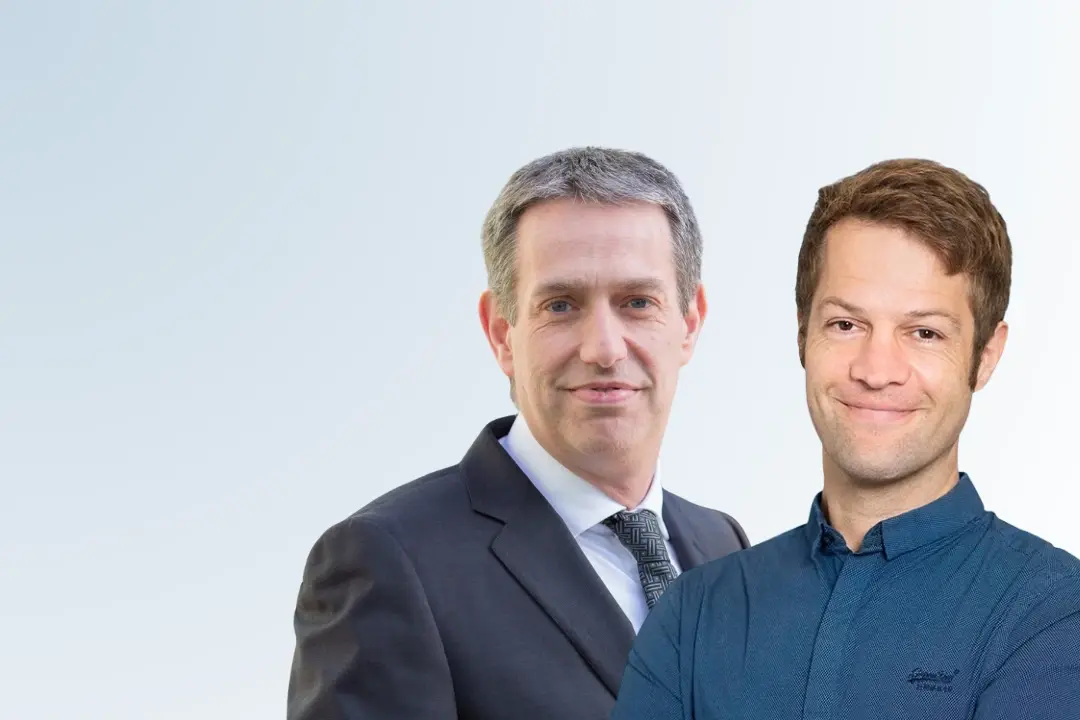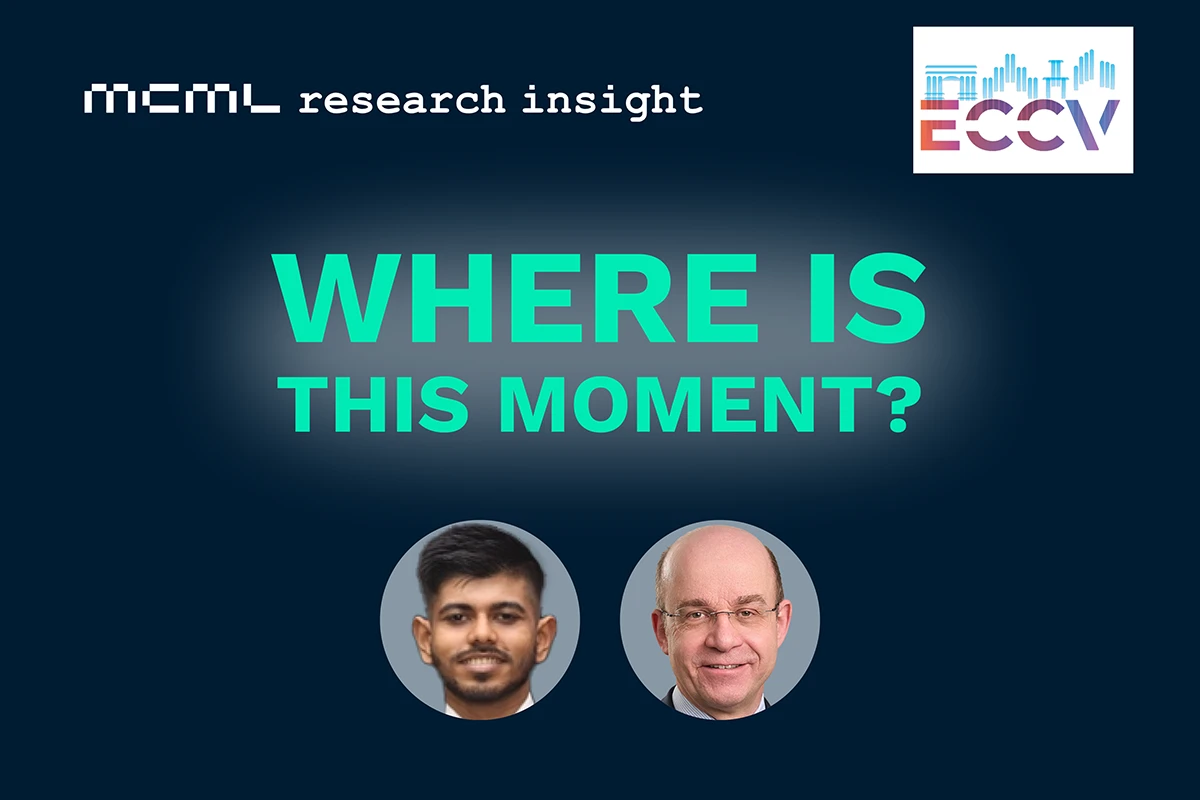29.07.2020
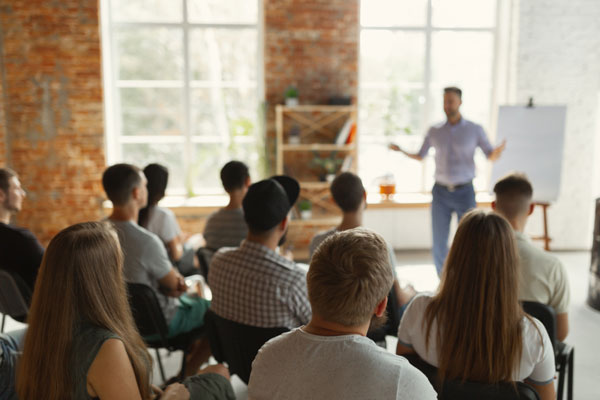
©master1305 - stock.adobe.com
MCML - Virtual Workshop
Over 20 Presentations by Our PhD Students on Current Research Topics
The workshop includes presentations on Spatial and Temporal Machine Learning & Computer Vision, Learning on Graphs and Networks & Representation Learning, and Automatic and Explainable Modeling & Computational Models for Large-Sclae ML.
Agenda
Welcome
2:00 pm – 2:20 pm
Welcome Greeting
Thomas Seidl, Daniel Cremers
Track 1: Spatial and Temporal Machine Learning & Computer Vision
2:20 pm – 2:40 pm
Machine Learning at CAMP: Interpretability and Spatio-temporal Learning for Medical Imaging
Ashkan Khakzar, Azade Farshad (Nassir Navab)
2:40 pm – 3:00 pm
Bayesian image segmentation with hierarchical Potts models
Christopher Küster (Volker Schmid)
3:00 pm – 3:20 pm
Resource Search in Data Driven Environments
Matthias Schubert
3:20 pm – 3:40 pm
Learning a neural solver for multi-object tracking
Guillem Brasó (Laura Leal-Taixé)
3:20 pm – 3:40 pm
Learning a neural solver for multi-object tracking
Guillem Brasó (Laura Leal-Taixé)
3:40 pm – 4:00 pm
Deep learning: a non-alchemical view
Yuesong Shen (Daniel Cremers)
4:00 pm – 4:20 pm
Equivariant Deep Learning
Vladimir Golkov (Daniel Cremers)
4:20 pm – 4:40 pm
Learning to Optimize for Human Reconstructions
Andrei Burov (Matthias Niessner)
Track 2: Learning on Graphs and Networks & Representation Learning
2:20 pm – 2:40 pm
Robust deep learning on graphs
Daniel Zügner (Stephan Günnemann)
2:40 pm – 3:00 pm
Applied Network Science
Cornelius Fritz, Marc Schneble, Sevag Kevork (Göran Kauermann)
3:00 pm – 3:20 pm
Knowledge Graph Matching
Max Berrendorf (Volker Tresp)
3:20 pm – 3:40 pm
Measurement Dependence Inducing Latent Causal Models
Alex Markham (Moritz Grosse-Wentrup)
3:40 pm – 4:00 pm
Negated and Misprimed Probes for Pretrained Language Models: Birds Can Talk, But Cannot Fly
Nora Kassner (Hinrich Schütze)
4:00 pm – 4:20 pm
Query to reference single-cell integration with transfer learning
Mohammad Lotfollahi (Fabian Theis)
4:20 pm – 4:40 pm
Mapping the fate of single cells with RNA velocity using CellRank
Marius Lange (Fabian Theis)
Track 3: Automatic and Explainable Modeling & Computational Models for Large-Scale ML
2:20 pm – 2:40 pm
Semi-Structured Deep Distributional Regression
David Rügamer (Bernd Bischl)
2:40 pm – 3:00 pm
Multi-Objective Hyperparameter Tuning and Feature Selection using Filter Ensembles
Julia Moosbauer, Martin Binder (Bernd Bischl)
3:00 pm – 3:20 pm
Cluster Analysis and Feature Rankings: Validation, benchmarking and over-optimism concerns
Theresa Ullmann, Christina Nießl (Anne-Laure Boulesteix)
3:20 pm – 3:40 pm
Finding and evaluating embeddings for functional data
Moritz Herrmann (Fabian Scheipl)
3:40 pm – 4:00 pm
Clustering Large-Scaled Datasets using Deep Learning
Li Qian (Christian Böhm)
4:00 pm – 4:20 pm
Evaluation of Results from Unsupervised Learning Processes
Anna Beer (Peer Kröger)
4:20 pm – 4:40 pm
Recent Advances in Correlation Clustering
Daniyal Kazempour (Thomas Seidl)
4:40 pm – 5:00 pm
Active Learning - Diversity vs. Uncertainty Sampling
Sandra Obermeier (Thomas Seidl)
Closing
5:00 pm – 5:30 pm
Closing Remarks
Bernd Bischl
Related

24.02.2026
Cosmology: Measuring the Expansion of the Universe With Cosmic Fireworks
Daniel Gruen leads LMU’s campaign on rare SN Winny to refine the Hubble constant and address the Hubble tension in cosmology.
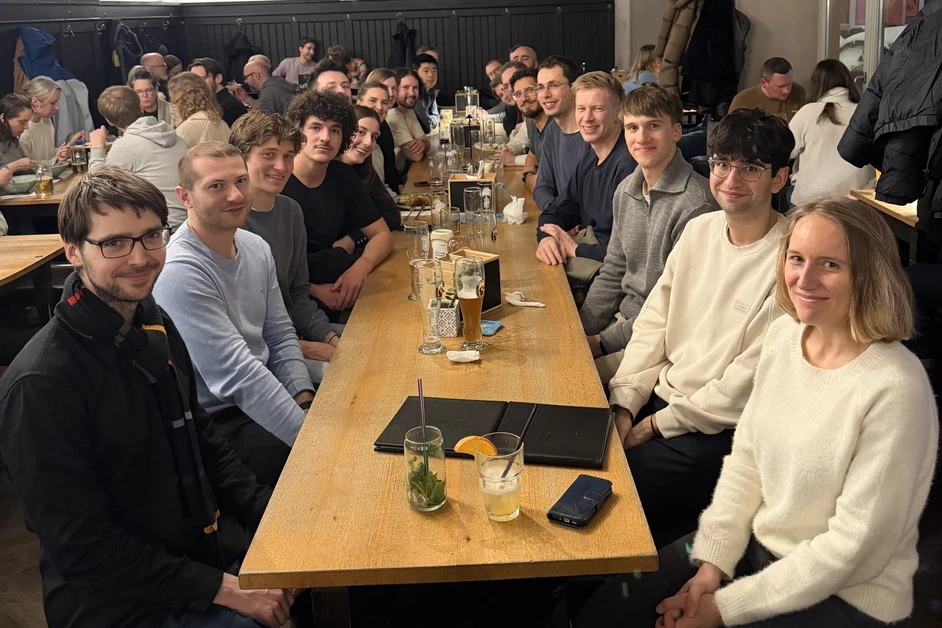
20.02.2026
MCML Stammtisch - Recap
The MCML-Stammtisch was a great opportunity to connect our members across disciplines and enjoy some relaxed conversations outside the labs
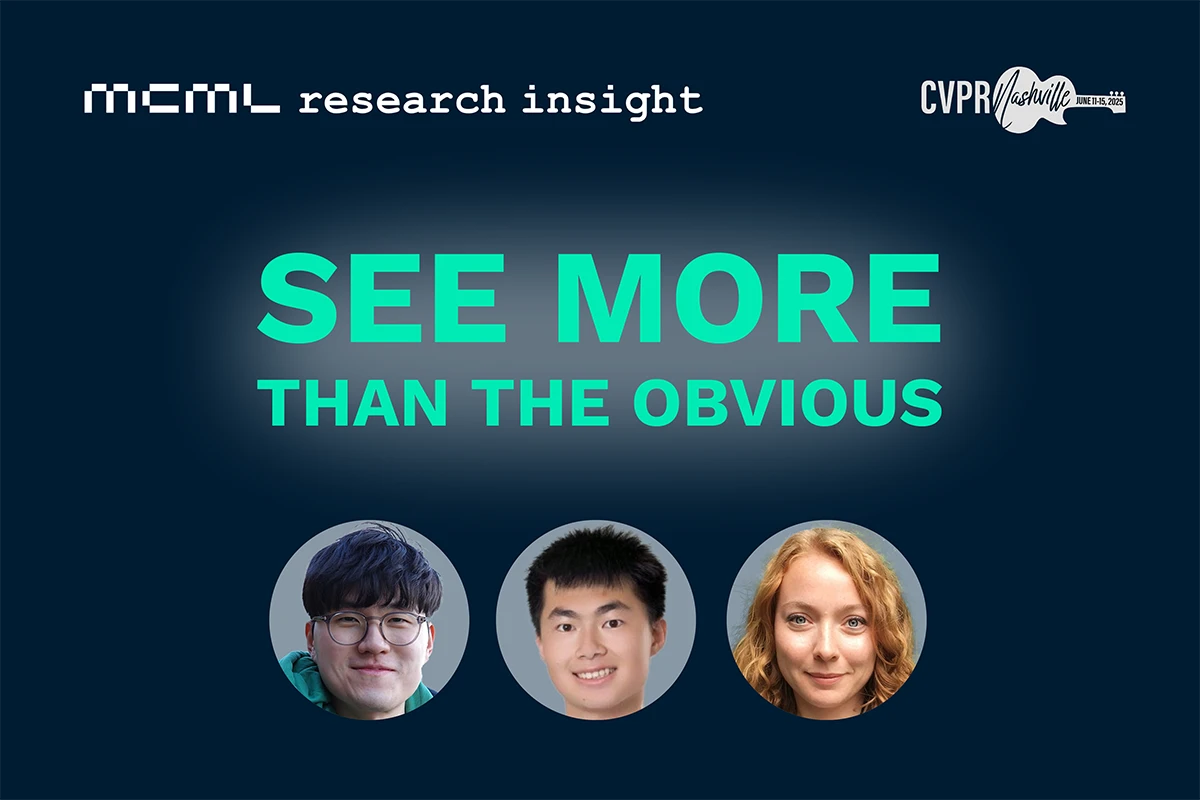
19.02.2026
COSMOS – Teaching Vision-Language Models to Look Beyond the Obvious
Presented at CVPR 2025, COSMOS shows how smarter training helps VLMs learn from details and context, improving AI understanding without larger models.
